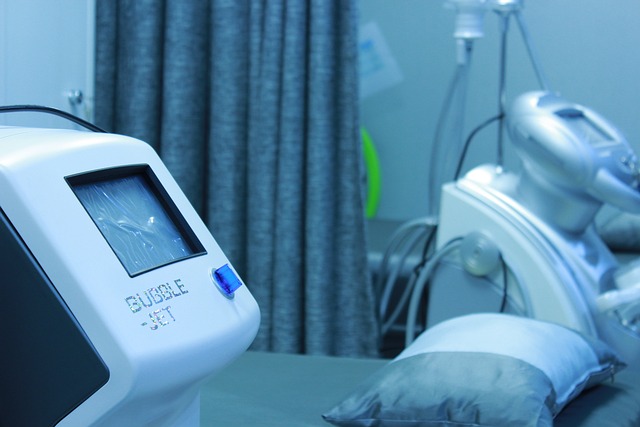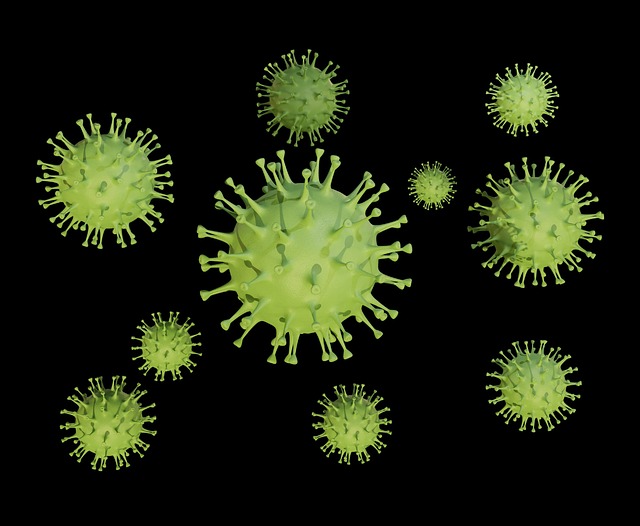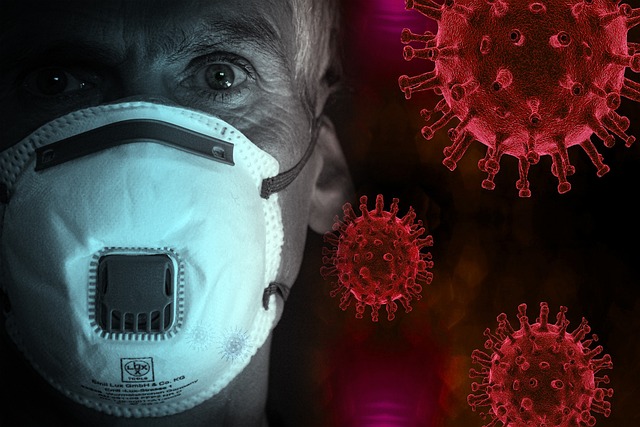
Aerosol Emission During Intense Exercise in Gyms Highlighted as COVID-19 Prevention Concern
Intense exercise in gyms generates significantly higher aerosol emissions compared to rest, raising concerns about the potential for airborne transmission of SARS-CoV-2 and highlighting the importance of adequate ventilation and infection control measures in gym settings.
December 2022

Infectious Agent Suspected in Recent Cases of Severe Acute Hepatitis in Children
Recent cases of severe acute hepatitis in children are likely caused by an infectious agent, as reported by the European Center for Disease Prevention and Control, underscoring the need for further investigation and surveillance to identify the etiological agent.
December 2022

Clinical Characteristics and Management of Human Monkeypox Examined
Human monkeypox cases challenge current prevention guidance due to prolonged shedding of viral DNA from the upper respiratory tract after resolution of skin lesions, emphasizing the need for updated management strategies and preventive measures.
December 2022

High Seroprevalence of SARS-CoV-2 Antibodies Indicates Widespread Infection
Seroprevalence studies reveal a high prevalence of SARS-CoV-2 antibodies among Americans, indicating widespread infection with the Omicron variant and highlighting the need for continued vaccination efforts and public health interventions.
December 2022

Silencing of Amygdala Circuits During Sepsis Linked to Long-Term Mood Disorders
Silencing of amygdala circuits during severe infection, such as sepsis, is associated with the development of long-term mood disorders, highlighting potential therapeutic targets for preventing mental illness following transient infections.
December 2022

Increase in COVID-19 Infections Among American Children During Omicron Wave
Infections among very young American children doubled during the Omicron wave, underscoring the need for continued vigilance and comprehensive vaccination strategies to protect vulnerable populations against COVID-19.
December 2022
Good Hygiene Practices Vital for Preventing Hospital Infections
Adherence to good hygiene practices can prevent up to 70% of hospital-acquired infections, highlighting the importance of comprehensive infection control measures to improve patient safety and reduce healthcare-associated morbidity and mortality.
December 2022

COVID-19-Induced Inflammation: Insights from Monocyte and Macrophage Dysfunction
COVID-19 triggers massive inflammation through the death of monocytes and macrophages, with antibodies developed during infection sometimes contributing to the inflammatory response, as revealed by a study published in Nature.
December 2022
Resurgence of Sexually Transmitted Diseases in the US During the Pandemic
The relentless momentum of the STD epidemic continued during the COVID-19 pandemic, with disruptions in healthcare services exacerbating the spread of sexually transmitted infections, underscoring the need for comprehensive prevention and control measures.
December 2022

Long COVID Affects 30% of Patients With Persistent Symptoms
Long COVID, characterized by persistent symptoms following acute infection, affects approximately 30% of individuals, highlighting the need for improved diagnostic tools and targeted interventions to address long-term sequelae of COVID-19.
December 2022















